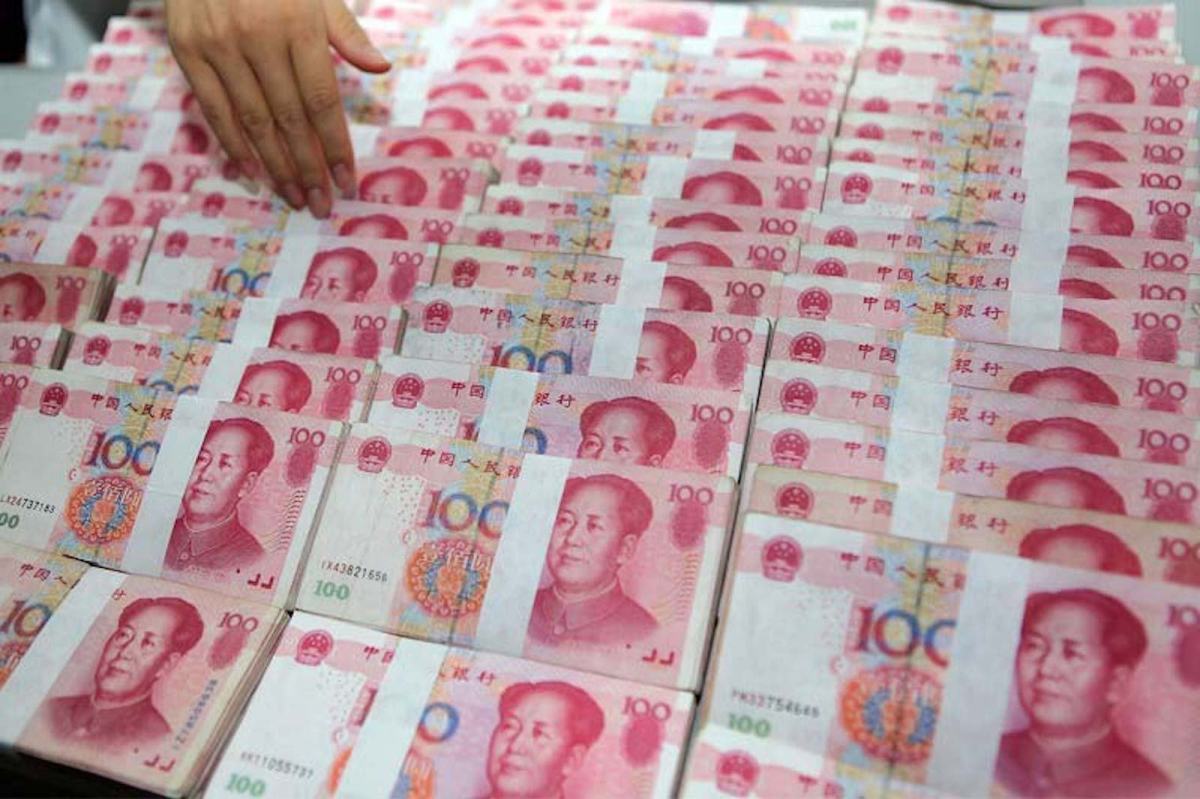[ad_1]
Beijing is set to tighten its purse strings as government income shrinks as reports emerge provincial authorities have been told to cancel junkets, banquets and new car purchases.
The belt-tightening orders come as members of the Chinese parliament meet this week to scrutinize and approve this year’s budget.
The central government’s total income was down 7.3% to 8.27 trillion yuan (US$1.27 trillion) last year, even after an increase in gross domestic product (GDP) of 2.3% growth in 2020, one of the fastest clips worldwide amid the Covid-19 pandemic. Â
Funding for key issues and programs is unlikely to be affected in this year’s budget, analysts say. The Finance Ministry noted in its outlook for 2021 that spending on welfare and other commitments such as healthcare, education, social aid disbursement and tech self-reliance would not be impacted despite reduced income.
The outlook was among dossiers on key economic forecasts and policy initiatives to be discussed by attendees of the National People’s Congress (NPC) and the Chinese People’s Political Consultative Conference (CPPCC).
Citing a finance official in Zhejiang, the Economic Observer newspaper reported that the province’s budget for government-related operating expenditure for 2021 had been slashed by roughly a third.
It reported that non-emergent procurement, government building and equipment maintenance, and decoration projects originally earmarked in the current financial year have all been defunded.
Feng Qiaobin, a senior researcher with the Chinese State Council’s Development Research Center, China’s top official think tank, noted in a column that the central government should not hold out hope to collect more money from industries or taxpayers in 2021 than it did a year ago.
He said even if Beijing’s public finances saw some improvement, provided that the economy stirred back to life, Beijing would have to come to terms with the slackening growth of below 4% in its fiscal income throughout the next five years vis-a-vis the annual GDP growth of 5-5.5% tipped by the Finance Ministry.Â
The central government’s surging gearing ratio will be thrown into sharper relief when its overall expenditure between 2021 and 2025 still outpaces GDP growth, meaning Beijing will have to pile on more debts or tap other financing vehicles to make up for the widening shortfall.Â
“We have to guarantee ample funding for tech, research, poverty alleviation and other public services and ensure related spending will be immune to economic upheavals and our shrinking income,†warned Feng.
“Thus managing the government’s books will only be more challenging and strenuous in the coming years.â€
Feng also made a candid admission that China’s total government deficit ratio last year, compared with the nation’s nominal GDP, could be as high as 4.89% if related statistics were incorporated and calculated as per the International Monetary Fund standard.
The Finance Ministry said China’s aggregate government fiscal deficit equaled 3.6% of GDP in 2020, higher than the moving average of 3% in previous years as Beijing rushed to dole out more subsidies and cash aid to help businesses and individuals amid the Covid-caused economic malaise.Â
During the parliamentary session, Feng, also an NPC deputy, will take part in group discussions with representatives from the economic sector and academia on policy recommendations such as revenue-neutral tax reforms to broaden China’s tax base and other ways to secure a steady source of revenue.Â
Feng told Xinhua that he would expect hot debate with other deputies representing retail sectors, SMEs and e-commerce as they would argue against increasing taxes or introducing additional levies when the economy and consumption are not yet on a stable footing.Â
The Finance Ministry and State Administration of Taxation are expected to broach plans to tax the hundreds of millions of online vendors and their transactions as early as this year. Until now, China’s freewheeling e-commerce sector has been able to skirt taxes due to the lack of applicable laws and collection and enforcement mechanisms.Â
China’s tax watchdog stirred controversy in February when it sought to explore ways to “adjust†the minimal taxable monthly income of wage-earners from the current 5,000 yuan to expand the tax base. That comes with plans being drafted up by the Ministry of Labor and Social Security to push up the retirement age from 60 to 65.Â
Amid a backlash, Xinhua stressed this week that changes to salaries tax and retirement ages were topics to be discussed by NPC and CPPCC delegates when they meet in Beijing and that consultation would be held to gauge public sentiments before any policies are implemented or announced.Â
Read more about China’s upcoming NPC and CPPCC:
[ad_2]
Source link














